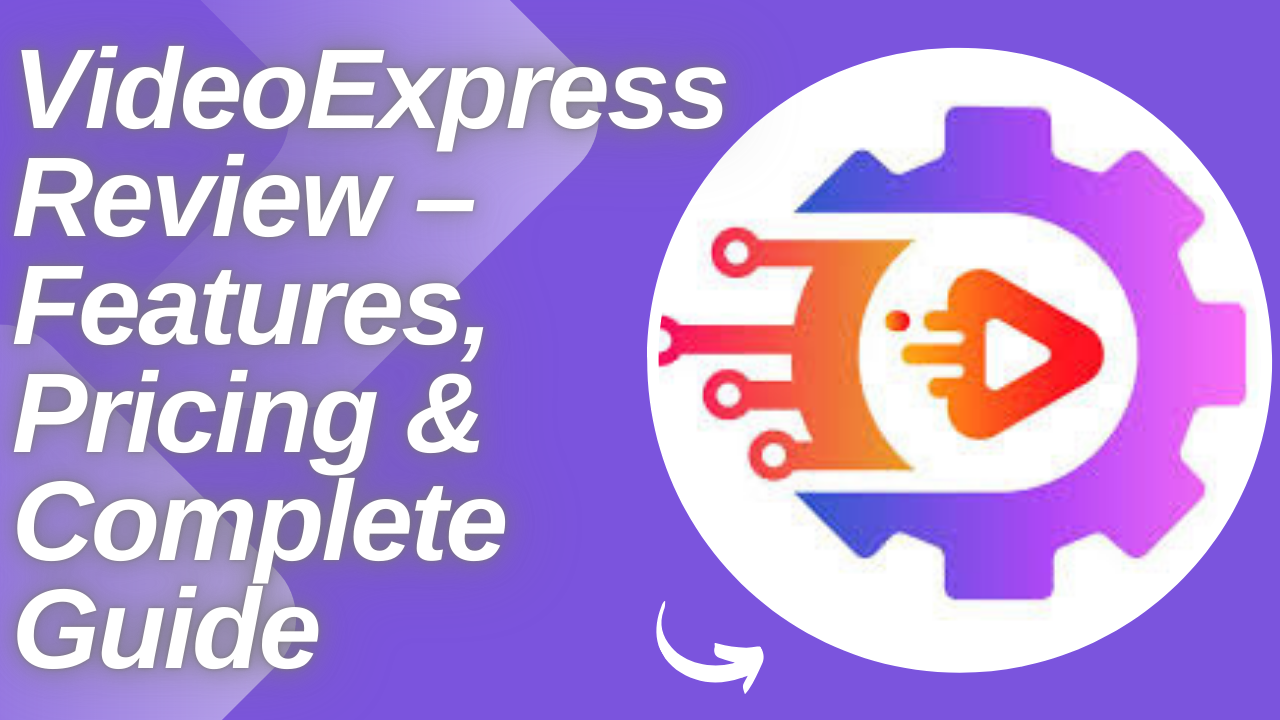Running a small business in today’s digital-first world means you can’t ignore search engine optimization (SEO). Your customers are online, searching for products, services, and solutions that match their needs. If your website doesn’t appear in those search results, you’re leaving opportunities (and revenue) on the table.
But here’s the challenge: small businesses often don’t have large marketing budgets or in-house SEO experts. That’s where SEO tools come in. The right tools can simplify complex tasks, save you time, and help you compete with bigger brands.
In this article, I’ll break down the best SEO tools for small businesses, why they matter, and how you can choose the right ones for your budget and goals.
Why Small Businesses Need SEO Tools
For many small businesses, SEO might feel overwhelming. Between keyword research, content optimization, backlinks, and tracking performance, there’s a lot to manage. SEO tools help in several ways:
- They show what keywords your audience is searching for.
- They uncover competitors’ strategies so you can compete effectively.
- They track your rankings and website performance.
- They automate time-consuming tasks like audits and reporting.
Most importantly, they allow small businesses to get results without hiring a large marketing team.
Features to Look for in SEO Tools
Before we jump into the tools, let’s quickly highlight what features matter most for small businesses:
- Keyword Research: Identify what people search for in your niche.
- Competitor Analysis: See what’s working for others.
- Site Audits: Spot technical issues that hurt rankings.
- Local SEO Optimization: Essential for businesses targeting local customers.
- Content Optimization: Tools that help you improve articles, blogs, and landing pages.
- Affordable Pricing: Because every rupee or dollar counts for small businesses.
The Best SEO Tools for Small Businesses
1. Google Keyword Planner
Every SEO journey should start with Google’s free keyword tool. Google Keyword Planner helps you find search terms your customers are actually typing into Google. You can discover keyword volume, trends, and competition levels.
For small businesses, this tool is excellent because it’s free and directly linked to Google Ads, which means the data is accurate and reliable.
2. Ubersuggest
Neil Patel’s Ubersuggest is a budget-friendly SEO tool perfect for small businesses. It offers keyword ideas, content suggestions, and competitor analysis all in one place.
What makes it great is its affordability. For just a fraction of the price of big platforms, Ubersuggest provides insights into backlinks, traffic data, and SEO audits.
3. SEMrush
If you’re ready to invest in a more advanced platform, SEMrush is one of the best. It provides everything — from keyword research and content optimization to social media tracking and PPC analysis.
Small businesses love SEMrush because it gives a complete picture of both organic and paid strategies. While the subscription is higher than some other tools, the value is unmatched for businesses that want to grow faster.
4. Ahrefs
Ahrefs is known for its powerful backlink analysis. If your small business is focused on building authority and competing with larger brands, this tool is worth considering.
With Ahrefs, you can track backlinks, analyze competitors’ websites, and even discover content gaps. It’s also user-friendly, which is helpful for beginners.
5. Moz Pro
Moz has been a trusted name in SEO for years. Moz Pro offers features like site audits, rank tracking, and keyword research.
Its biggest advantage for small businesses is the MozBar, a free browser extension that lets you analyze any webpage instantly. Moz also provides excellent learning resources, which makes it easier for beginners to understand SEO.
6. Screaming Frog SEO Spider
This tool is perfect for technical SEO. Screaming Frog crawls your website like a search engine and shows you errors such as broken links, duplicate content, or missing metadata.
For small businesses with growing websites, this is a must-have to keep your site healthy and search-friendly.
7. Yoast SEO (for WordPress users)
If your business website runs on WordPress, Yoast SEO is one of the best plugins you can install. It helps you optimize your pages for keywords, improve readability, and ensure proper technical setup.
For small businesses, Yoast simplifies SEO without requiring deep technical knowledge.
8. BrightLocal
Local SEO is vital for businesses that rely on nearby customers — restaurants, salons, clinics, or service providers. BrightLocal helps you track local rankings, manage reviews, and audit your Google My Business profile.
It’s a tool designed specifically with small businesses in mind, especially those targeting local markets.
9. AnswerThePublic
Content marketing is a big part of SEO. AnswerThePublic is a unique tool that shows you the questions people are asking around your keywords.
This is perfect for small businesses looking to create blog posts, FAQs, or social media content that directly addresses customer needs.
10. Google Analytics & Google Search Console
Finally, no list would be complete without mentioning these free tools. Google Analytics helps you understand website traffic, while Search Console shows how your site is performing in search results.
Together, they give small businesses a strong foundation for measuring and improving SEO performance.
How to Choose the Right SEO Tools for Your Small Business
Every business has different needs and budgets. Here’s how to decide which tools to pick:
- Start with Free Tools: Google Keyword Planner, Search Console, and Analytics provide a strong base.
- Add Affordable Options: Use Ubersuggest or Moz if your budget is tight.
- Invest When Ready: Upgrade to SEMrush or Ahrefs once your business grows and you need deeper insights.
- Focus on Local SEO: If your business depends on local customers, invest in BrightLocal.
- Simplify with Plugins: Use Yoast SEO if your site is on WordPress for easy on-page optimization.
Tips for Small Businesses Using SEO Tools
- Don’t get overwhelmed by features you don’t need. Start small.
- Use insights from tools to create content that answers customer questions.
- Track your progress monthly to see what’s working.
- Remember, tools guide you — but results come from consistent effort.
Final Thoughts
For small businesses, SEO can feel like a huge task. But with the right tools, it becomes manageable and even enjoyable. Free and affordable tools like Google Keyword Planner, Ubersuggest, and Moz Pro are great starting points, while advanced platforms like SEMrush and Ahrefs provide deeper insights as your business grows.
The key is to choose tools that match your budget, goals, and level of expertise. With consistent use, these tools can help your small business improve online visibility, attract more customers, and grow revenue.








